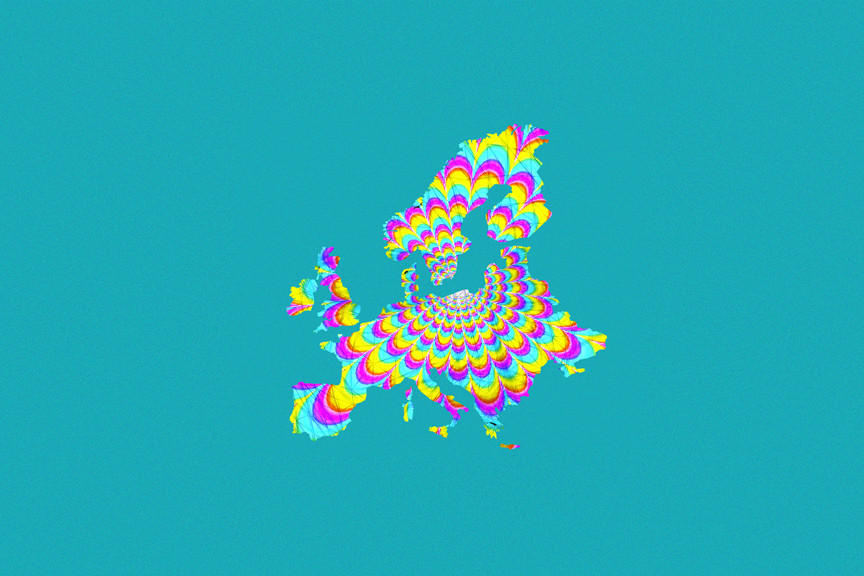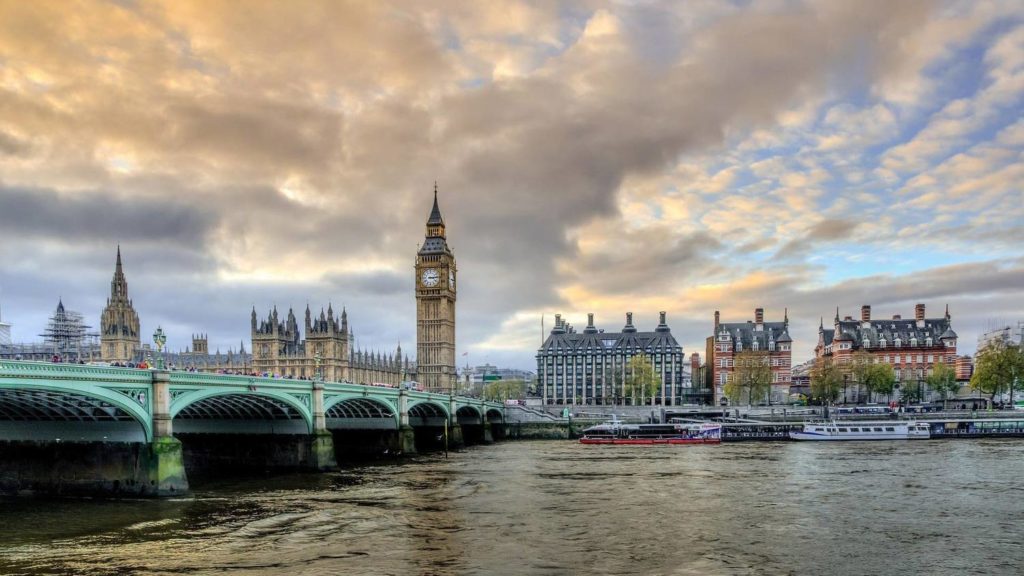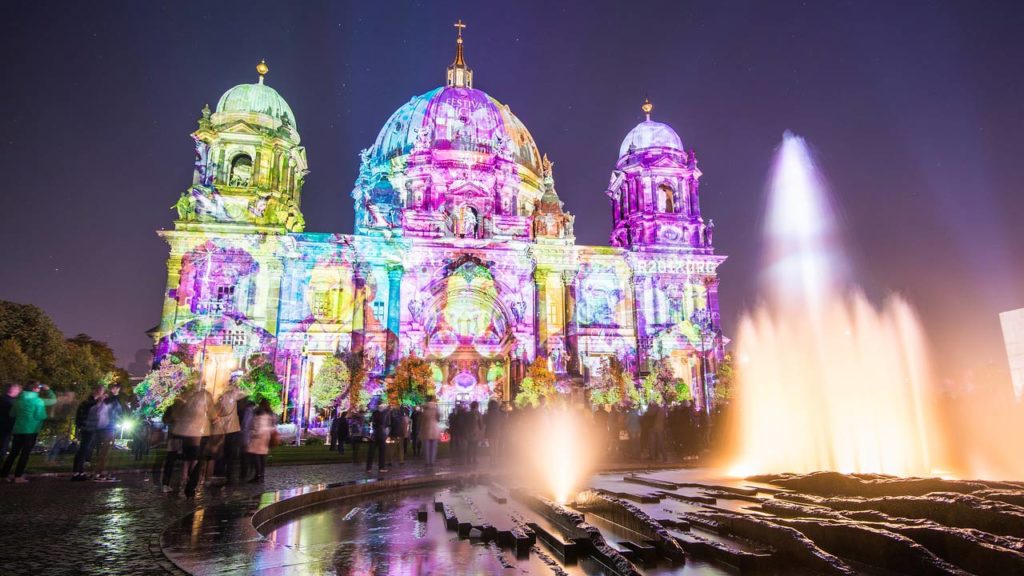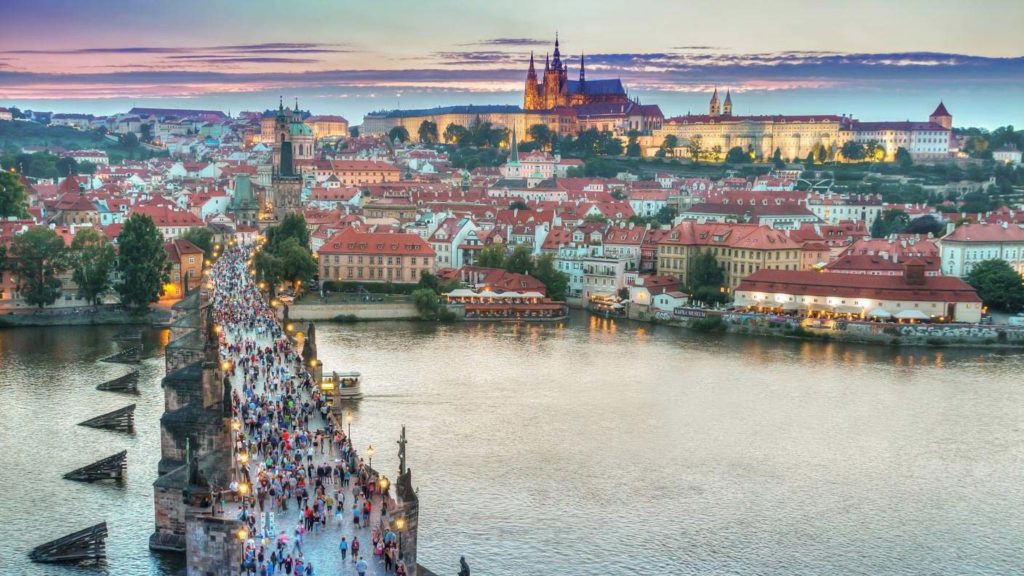The Psychedelic Network, Pt 2: Europe
Many people in today’s neoliberal capitalist society feel deeply confused and dissatisfied at the suggestion that the meaning of life is material accumulation and consumption. It seems more and more people are asking, “Is this it?” And of course, it isn’t; there is more to life.

Psymposia is a 501(c)(3) nonprofit research and media organization that offers critical perspectives on drugs, politics, and culture. We rely on contributions from our readers and listeners. Your support is vital to sustaining Psymposia.
Support Psymposia’s independent journalism on Patreon and help us drive the Mystery Machine! We’re a bunch of meddling kids who are unmasking the latest shenanigans on the psychedelics beat.
The Psychedelic Network is a 3-part series looking at the phenomenon of “psychedelic societies” around the globe. Read part one and part three.
Arunning thread found throughout these inspiring chats, when asked “Why is a global Psychedelic Renaissance occurring right now?” is an emphasis on the importance of the internet.
“I’m thinking that the popularity of the internet has probably contributed to the openness of the psychedelic community today, and the rise of psychedelic groups around the world,” Shannon Petitt of MAPS muses in part 1.
Ido Hartogsohn, who you’ll meet in part 3 when we visit Israel, explains that “the internet has certainly done a lot for the psychedelic community, in allowing people to connect, exchange information, and grow as a group.”
Terence McKenna predicted this back in 1996, when the World Wide Web was still in its infancy, claiming the internet would be “the nervous system of the human oversoul.”
He goes on to explain: “The internet is more life-changing than an alien invasion, and far more interesting than an Earth change. It’s here. Information is power. And, it’s the power not to build, but to dissolve what has been built—to dissolve the boundaries. The internet is the light at the end of the tunnel…it is creating a global society.”
This is perhaps best exemplified by the recent emergence of the Global Psychedelic Network (GPN), an internet-based community connecting members of the psychedelic movement around the world (including a sub-forum for psychedelic group organizers to collaborate and share).
This digital network’s genesis stems from a physical meeting of the minds at the Beyond Psychedelics conference in Prague this past October—more on this shortly.
Following the conference, the GPN site was built by our next interviewee Stephen Reid, whose group further leveraged the internet with its recently launched #psychedelicpride campaign.
Let’s head to the UK to talk to him.
United Kingdom
Stephen Reid is the director and founder of The Psychedelic Society of the UK, an impressive community with over 20,000 supporters. We interviewed him to find out more about psychedelic culture in the UK:
“The UK takes a lot of drugs. We have the highest rate of use of heroin, cocaine, and ecstasy in Europe, and a culture of binge drinking. There’s a danger that this culture of bravado and excess creeps into the psychedelic scene. Part of what we’re doing is to show people there’s a different way of using psychoactive substances, a more careful and considered way, that ultimately is much more rewarding.
The Psychedelic Society was set up as an activist organisation; we initially advocated the use of psychedelics as a tool for social and ecological justice.

Our current mission statement is, ‘The Psychedelic Society advocates the careful use of psychedelics as a tool for awakening to the underlying unity and interconnectedness of all things.’ This ‘awakening’ often results in the kinder, more compassionate behaviour that’s necessary for social and ecological justice.
[We offer] Psychedelic Experience Weekends, where we take groups of people from the UK to the Netherlands to trip on psilocybin truffles, which are legal in the Netherlands. The intention is to offer people a safe, legal, and affordable way into the psychedelic experience, in a setting conducive to mystical/spiritual experience.
We run regular events in London and across the UK, including bring-and-share Psychedelic Suppers, Psychedelic Rhythms movement meditation/dance sessions, Psychedelic Yoga & Meditation, film screenings, and talks. We [also] work for the legal regulation of psychedelics in the UK.
Many people in today’s neoliberal capitalist society feel deeply confused and dissatisfied at the suggestion that the meaning of life is material accumulation and consumption. It seems more and more people are asking, “Is this it?” And of course, it isn’t; there is more to life.
The mystical/spiritual is a hugely rewarding domain of human experience that many people nowadays are cut off from. Psychedelics can be a gateway into that realm, although certainly there are other routes. I anticipate the careful use of psychedelics having profound benefits for the mental, spiritual, and ecological well-being of our societies.
A regulated UK cannabis market may finally be on the horizon. It’s time, then, to prepare for the next stage: The legal regulation of substances beyond cannabis. Psychedelics, as some of the safest psychoactive substances out there, are a likely next candidate.
[It’s] clear to me that the substances should be available not just to people who Western medicine regards as ‘sick’. After all, we’re all terminal, none of us are getting out of this alive!”
Germany
Our next stop in Europe is the country where MDMA was first synthesized. In 1912, a German pharmaceutical company named Merck created the drug by accident in an attempt to create a good vasoconstrictor. Decades later, the chemical is widely enjoyed in techno and psytrance clubs across the country, although it is still illegal.
Germany is home to two psychedelic groups–The German Psychedelic Society and Psychedelische Gesellschaft Deutschland.

Through Psychedelische Gesellschaft Deutschland, Christoph Kahse is working to change the stigmas surrounding the use of psychedelics. As a behavioral psychotherapist and clinical psychologist, Kahse is passionate about showing the world that psychedelics can be powerful healing agents.
“Last year I went to California to talk with MAPS about MDMA therapy and scientific research. I came back and had a strong feeling we need to change something over here. We need to encourage people to reveal their experiences. Let the public know.
I don’t know why [the Psychedelic Renaissance] is happening now, but I see it is happening. Even the tragedies, I see as a sign that something is changing. There is a bigger movement forming.
In America, we could openly talk about psychedelics. In Europe, you cannot without being afraid of heavy consequences because it is a taboo. Taking drugs is a taboo. Taking drugs in therapy is a double taboo. They think this is criminal. They have no clue about the healing potential of psychedelics. This goes together with this stupid drug policy which I guess comes from America, too.
We are living in the age of truth. Things are being revealed. Think of Edward Snowden, Wikileaks…something wants to show. Something wants to be born to this world.
We don’t know where this journey is going to, but I am a part of it.
They can’t fight back for too long against this movement. Regarding drugs, I think something is changing. Maybe everything has to get worse and worse before it can start getting better. In therapy, sometimes things get really bad before they improve.
The popping up of all these groups indicates that something is going to change. I don’t know if we will make it, but I am going for it. I care for it.”
Kjartan Nilsen, founder of The German Psychedelic Society, has this to say about the psychedelic situation in Germany:
“What the country lacks is an organized psychedelic movement. But the change is coming. There are more organizations and foundations popping up, and there are efforts being made trying to coordinate the different entities, so we all are working towards the same goals, not stepping on each other’s feet along the way.
It is my belief that psychedelics will have an important role to play for mankind, both spiritually, socially, and politically. Psychedelics have the potential to bring the human race into a more unified existence. I want to make a positive impact on the planet, and to me, psychedelics is what makes most sense to work with.
I think the future looks very bright for psychedelics. The Psychedelic Renaissance is a real thing, and it’s global.”
Czech Republic
In October, Prague hosted the Beyond Psychedelics conference, a Global Psychedelic Forum featuring more than 60 speakers from all over the world. The conference also included a first-of-its-kind meeting of a large group of global psychedelic society leaders, discussing ways to better connect and share, leading to the formation of the GPN.
We spoke with Rita Kočárová, executive director of the conference and co-founder of the Czech Psychedelic Society.
“I was interested in psychedelic science from the first time when I realized psychedelics are something that we should not be scared of or merely used and experienced, but also studied on an academic level.
When I planned our first event, in just a few days, more than 3,000 people expressed their interest in participating on the Facebook event. It got completely sold out almost immediately. 500 people in each city participated in the end, and we could see that there is a big interest in the public for psychedelics.
Connecting professionals from the interdisciplinary psychedelic fields, the Czech Psychedelic Society aims to establish a platform for an open discussion on psychedelic substances, to provide information on the risks and benefits of their use, to support research, and to destigmatise psychedelics in the public eye.
The capital of the Czech lands, Prague, is a city with a name aptly derived from the Czech equivalent of ‘threshold’. Prague has long served as a doorstep into the unknowns of the human mind and a serendipitous guardian on the threshold of perception. The country is at the international forefront of drug liberalization.
During the Global Psychedelic Forum, we managed to bring to Czech Republic a bunch of great speakers from all over the world, which made this event truly global as we aimed from the beginning. We have already heard about many valuable connections and outputs from the conference participants. We also believe this will significantly speed up the Psychedelic Renaissance in Czech Republic!
The current state of affairs surrounding psychedelics bears witness to human rights issues and signifies a possible societal crisis. It is time to move forward and seek a solution to this situation in a world where alternative treatments are denied even to those cases not helped by standard care. It is time to join forces at a global scale, to evaluate all risks and benefits, and to decide upon the most suitable means of utilising psychedelics.
Only when united can we encourage today’s psychedelic movement and safeguard that the history does not repeat itself, that a boom does not quickly turn into an all-encompassing repression.”
Next…
In part 3, we’ll visit Mexico, Australia, and Israel.
Hey! Before you go… Psymposia is a 501(c)(3) non-profit media organization that offers critical perspectives on drugs, politics, and culture. We strive to ask challenging questions, and we’re committed to independent reporting, critical analysis, and holding those who wield power accountable.
Our perspectives are informed by critical analysis of the systemic crises of capitalism that have directly contributed to the unmitigated growth of addiction, depression, suicide, and the unraveling of our social relations. The same economic elite and powerful corporate interests who have profited from causing these problems are now proposing “solutions”—solutions which both line their pockets and mask the necessity of structural change.
In order for us to keep unpacking these issues and informing our audience, we need your continuing support. You can sustain Psymposia by becoming a supporter for as little as $2 a month.
Zoë Biehl
Zoë is a full-time writer and editor, holds a BA in anthropology and sociology, and spends her free time petting all the street cats in Tel Aviv.






